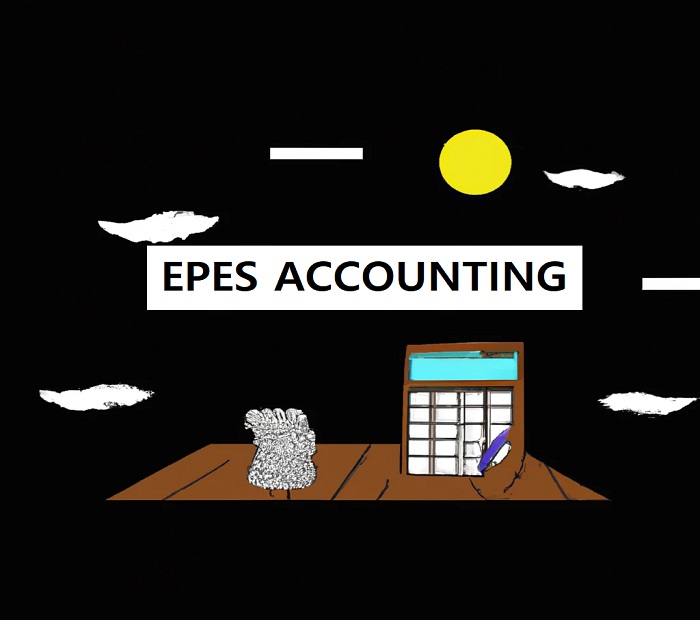Accounting Number Format
The accounting number format is a way of formatting financial numbers in spreadsheets or accounting software to make them easier to read and understand. In this format, negative numbers are shown in parentheses and numbers are right-aligned with the currency symbol aligned to the left. For example, the number “-500” would be displayed as “(500.00)” in the accounting number format, with the negative number shown in parentheses and two decimal places displayed for cents. Similarly, the number “1,500” would be displayed as “$1,500.00” with the dollar sign aligned to the left and two decimal places displayed for cents. The accounting number format is commonly used in financial reports, such as balance sheets, income statements, and cash flow statements, to present






